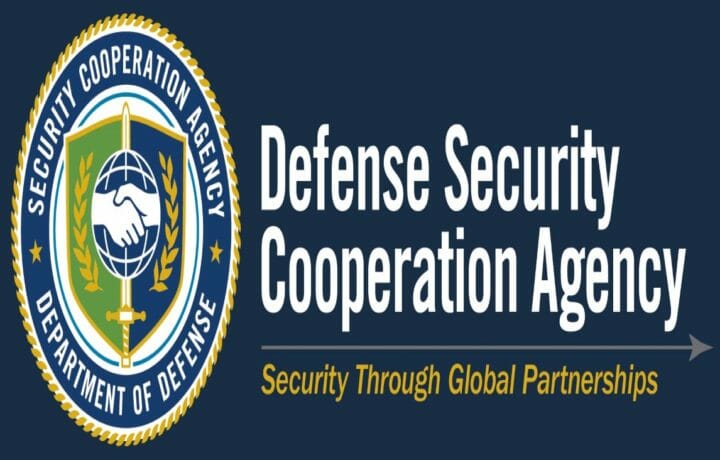The Defense Security Cooperation Agency (DSCA) launched the Department of Defense Security Cooperation Workforce Certification Program on Jan. 1, 2020, for civilian and military members of the Security Cooperation workforce. Defense Security Cooperation University (DSCU) has campuses in Arlington, VA and at Wright-Patterson Air Force Base, OH.
New requirements were released in hopes of continuing education for personnel, aiming to certify more than 20,000 employees. People involved in Defense Department security cooperation activities will get about two years to meet these training requirements. Certifications are specific to their areas of expertise.
DSCA’s mission is to advance U.S. national security and foreign policy interests and promote military to military contact. DSCA leads the broader U.S. security cooperation enterprise in its efforts to train, educate, advise, and equip partners with objectives identified by the White House, Department of Defense, and Department of State. These objectives include developing specific partner capabilities, building alliances and partnerships, and facilitating U.S. access. The agency was founded in 1971 as the Defense Security Assistance Agency and was renamed the Defense Security Cooperation Agency in 1998.
For individuals in designated Security Cooperation roles, DSCA is funding the cost of training and transportation. This will alleviate the financial burden that would be on an employee’s agency.
Cara Abercrombie is the first President of DSCU and is the Principal Director for Workforce Development with DSCA. Abercrombie is a career member of the Senior Executive Service with 15+ years of experience working in the Office of the Secretary of Defense.
Reported by Defense News, “Security cooperation involves all the DoD interactions, programs and activities done with foreign security forces and their institutions. This includes exercises, armaments cooperation, information sharing, collaboration, foreign military sales, ministry advising and humanitarian assistance,” Abercombie said.
The effort to create a professionalized, certified security cooperation workforce was first laid out in the 2017 National Defense Authorization Act (NDAA), a series of United States federal laws specifying the annual budget and expenditures of the DoD. The first NDAA was passed in 1961.
The hope is that everyone in this part of the DoD workforce will have basic-level understanding across the board of what the organization is trying to accomplish in security cooperation. Abercombie says, “Even if they are only working one little piece of it, they will understand how that connects to the broader enterprise and how their role is supporting the larger national interest.”




